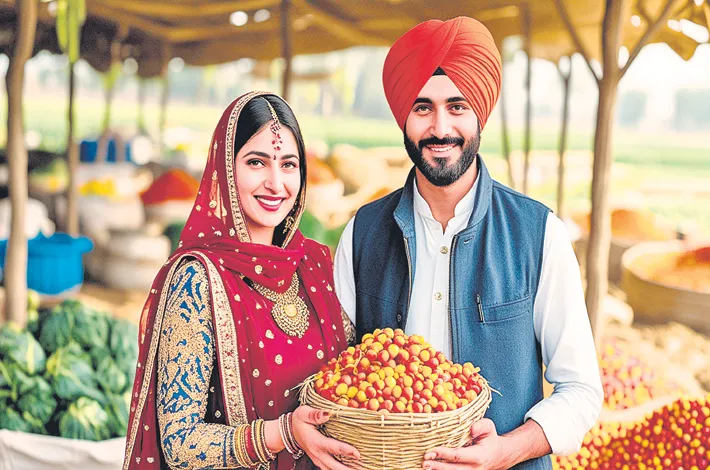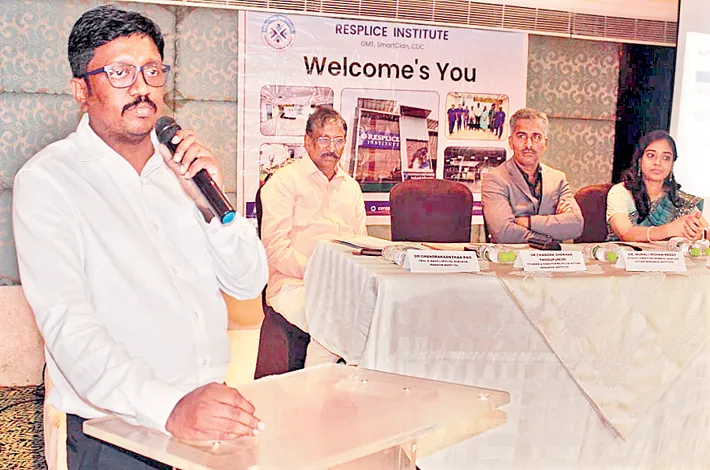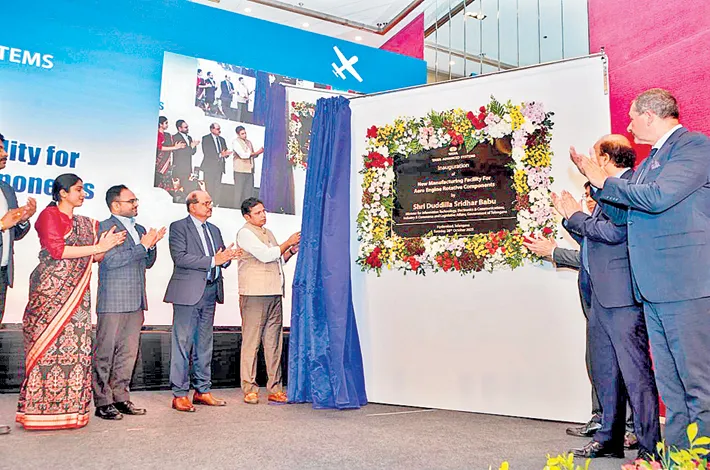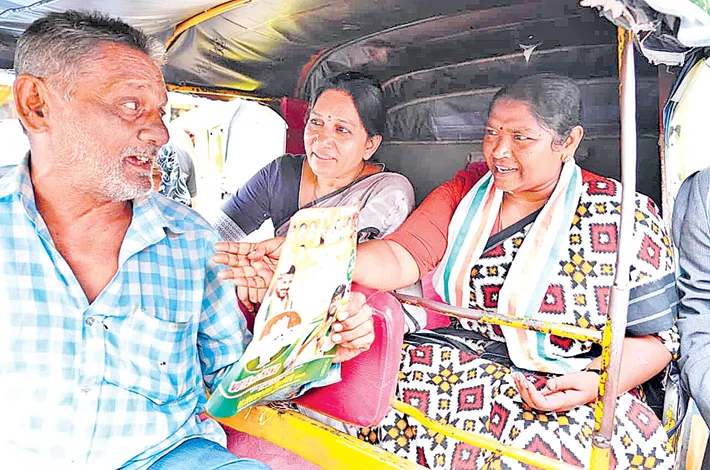The Harvest of Love
13-07-2025 12:00:00 AM

The festival day arrived, vibrant with music and color. The village square brimmed with stalls, and buyers from the city marveled at the quality of the produce and crafts. Amrita’s heart swelled as she saw her mother smile for the first time in years. By dusk, the cooperative had paid a sum that cleared her family’s debt and left enough for the village to invest in new tools.
In the sun-drenched fields of a small village in Punjab, where golden wheat swayed like an ocean under the summer sky, lived Amrita, a young woman with eyes that held both fire and sorrow. Her family’s modest farm, once a symbol of prosperity, had withered under years of drought and debt. Her father, a proud but broken man, toiled endlessly, while her mother prayed for a miracle. Amrita, however, carried hope like a seed in her heart, believing that love and kindness could bloom even in the harshest soil.
One autumn evening, as the village prepared for the harvest festival, a stranger arrived. His name was Arjun, a city-bred agronomist sent by a non-profit to help struggling farmers adopt sustainable practices. Tall, with a quiet confidence and a smile that seemed to understand the world’s weight, Arjun was an enigma to the villagers. They whispered about his modern ways, his strange machines, and his refusal to accept payment for his work. To Amrita, he was something else entirely—a man who saw possibility where others saw despair.
Their first meeting was by the village well, where Amrita was drawing water under the fading light. Arjun, carrying a bundle of irrigation pipes, paused to ask for directions to the sarpanch’s house. His voice was gentle, but his city accent made Amrita smile. “You’re not from here, are you?” she teased, her eyes sparkling. Arjun laughed, admitting he was more at home with spreadsheets than soil. Yet, as they spoke, something unspoken passed between them—a connection as natural as the earth beneath their feet.
Over the weeks, Arjun worked tirelessly, teaching the farmers about drip irrigation and organic fertilizers. Amrita, curious and eager to save her family’s land, became his unofficial assistant. They spent long afternoons in the fields, their hands brushing as they planted seeds, their laughter mingling with the rustle of leaves. Arjun shared stories of his childhood in Delhi, of a mother who taught him that true wealth lay in giving. Amrita, in turn, spoke of her dreams—to see her family free of debt, to dance at the harvest festival without worry. Each conversation wove their hearts closer, though neither dared name the feeling growing between them.
But love, like a tender sapling, faced storms. Amrita’s father, wary of outsiders, disapproved of Arjun’s influence. “He’ll leave when his work is done,” he warned. “City folk don’t belong here.” The village, too, was divided—some saw Arjun as a savior, others as a threat to tradition. Worse still, Amrita’s family faced a looming deadline to repay a loan to the local moneylender, Sethji, a man whose greed cast a shadow over the village. If they failed, their land would be seized.
As the harvest festival approached, Arjun devised a plan. He convinced the farmers to pool their resources and sell their produce directly to a city cooperative, bypassing Sethji’s exploitative rates. Amrita, inspired by Arjun’s vision, rallied the women to create handmade crafts to sell alongside the crops. The plan was risky, but it promised enough profit to save her family’s farm. Arjun worked late into the nights, coordinating logistics, while Amrita’s faith in him grew stronger. One evening, as they sat under a banyan tree, she whispered, “Why do you care so much?” Arjun looked at her, his eyes soft. “Because someone once saved me with kindness. I want to do the same for you.”
The festival day arrived, vibrant with music and color. The village square brimmed with stalls, and buyers from the city marveled at the quality of the produce and crafts. Amrita’s heart swelled as she saw her mother smile for the first time in years. By dusk, the cooperative had paid a sum that cleared her family’s debt and left enough for the village to invest in new tools. The farmers hailed Arjun as their annadata, the giver of sustenance, but Amrita saw more—a man who had planted hope in her heart.
Yet, as the festival lights dimmed, Arjun revealed he had to return to the city. His work in the village was complete, and new assignments awaited. Amrita’s heart sank, but she hid her pain behind a brave smile. “You’ve given us everything,” she said, her voice trembling. Arjun took her hand, his touch warm and steady. “Not everything,” he murmured. “My heart stays here, with you.”
Days later, as Arjun prepared to leave, Amrita stood at the edge of her family’s now-thriving field. She had made her choice. Running to the bus stop, she found Arjun waiting, as if he knew she’d come. “I don’t want you to stay for me,” she said, breathless. “But I want to build a life with you—here, there, anywhere.” Arjun’s eyes lit up, and he pulled her into an embrace that felt like home.
Years later, the village thrived, its fields green and its people united. Amrita and Arjun, now married, ran a cooperative that empowered farmers across Punjab. Their love, like the harvest, had grown from a single seed of kindness, proving that even in the hardest times, love and generosity could yield a bountiful life.








